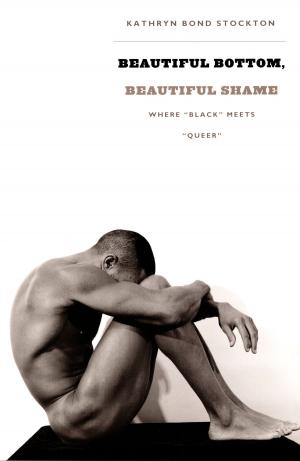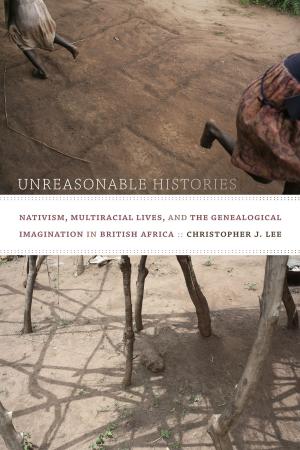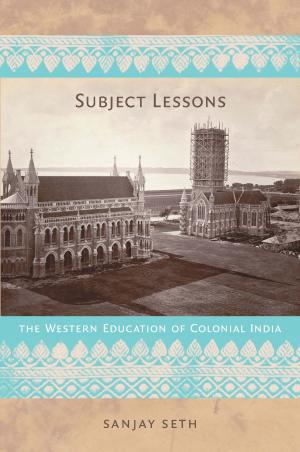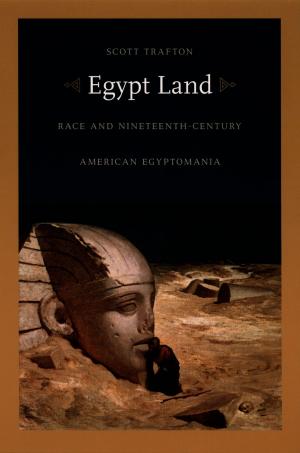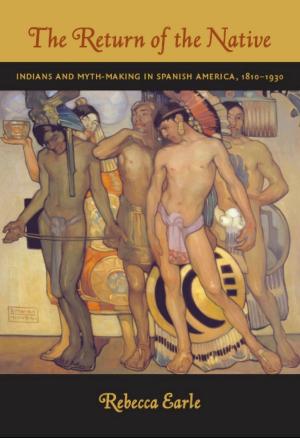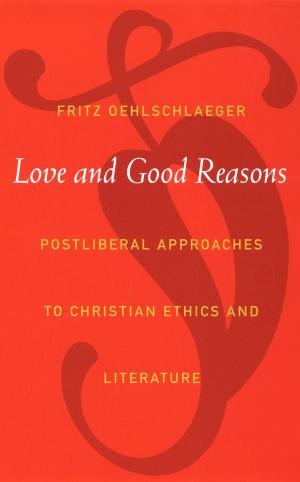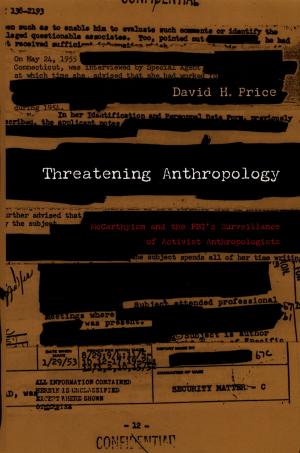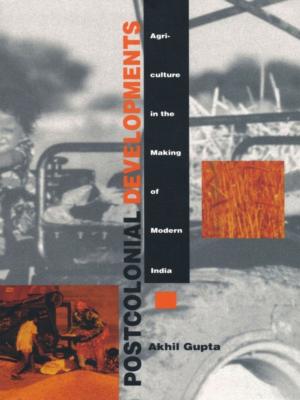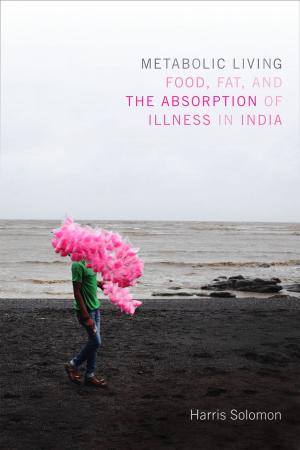Dead Subjects
Toward a Politics of Loss in Latino Studies
Nonfiction, Social & Cultural Studies, Social Science, Cultural Studies, Ethnic Studies| Author: | Antonio Viego | ISBN: | 9780822390619 |
| Publisher: | Duke University Press | Publication: | November 1, 2007 |
| Imprint: | Duke University Press Books | Language: | English |
| Author: | Antonio Viego |
| ISBN: | 9780822390619 |
| Publisher: | Duke University Press |
| Publication: | November 1, 2007 |
| Imprint: | Duke University Press Books |
| Language: | English |
Dead Subjects is an impassioned call for scholars in critical race and ethnic studies to engage with Lacanian psychoanalytic theory. Antonio Viego argues that Lacanian theory has the potential to begin rectifying the deeply flawed way that ethnic and racialized subjects have been conceptualized in North America since the mid-twentieth century. Viego contends that the accounts of human subjectivity that dominate the humanities and social sciences and influence U.S. legal thought derive from American ego psychology. Examining ego psychology in the United States during its formative years following World War II, Viego shows how its distinctly American misinterpretation of Freudian theory was driven by a faith in the possibility of rendering the human subject whole, complete, and transparent. Viego traces how this theory of the subject gained traction in the United States, passing into most forms of North American psychology, law, civil rights discourse, ethnic studies, and the broader culture.
Viego argues that the repeated themes of wholeness, completeness, and transparency with respect to ethnic and racialized subjectivity are fundamentally problematic as these themes ultimately lend themselves to the project of managing and controlling ethnic and racialized subjects by positing them as fully knowable, calculable sums: as dead subjects. He asserts that the refusal of critical race and ethnic studies scholars to read ethnic and racialized subjects in a Lacanian framework—as divided subjects, split in language—contributes to a racist discourse. Focusing on theoretical, historical, and literary work in Latino studies, he mines the implicit connection between Latino studies’ theory of the “border subject” and Lacan’s theory of the “barred subject” in language to argue that Latino studies is poised to craft a critical multiculturalist, anti-racist Lacanian account of subjectivity while adding historical texture and specificity to Lacanian theory.
Dead Subjects is an impassioned call for scholars in critical race and ethnic studies to engage with Lacanian psychoanalytic theory. Antonio Viego argues that Lacanian theory has the potential to begin rectifying the deeply flawed way that ethnic and racialized subjects have been conceptualized in North America since the mid-twentieth century. Viego contends that the accounts of human subjectivity that dominate the humanities and social sciences and influence U.S. legal thought derive from American ego psychology. Examining ego psychology in the United States during its formative years following World War II, Viego shows how its distinctly American misinterpretation of Freudian theory was driven by a faith in the possibility of rendering the human subject whole, complete, and transparent. Viego traces how this theory of the subject gained traction in the United States, passing into most forms of North American psychology, law, civil rights discourse, ethnic studies, and the broader culture.
Viego argues that the repeated themes of wholeness, completeness, and transparency with respect to ethnic and racialized subjectivity are fundamentally problematic as these themes ultimately lend themselves to the project of managing and controlling ethnic and racialized subjects by positing them as fully knowable, calculable sums: as dead subjects. He asserts that the refusal of critical race and ethnic studies scholars to read ethnic and racialized subjects in a Lacanian framework—as divided subjects, split in language—contributes to a racist discourse. Focusing on theoretical, historical, and literary work in Latino studies, he mines the implicit connection between Latino studies’ theory of the “border subject” and Lacan’s theory of the “barred subject” in language to argue that Latino studies is poised to craft a critical multiculturalist, anti-racist Lacanian account of subjectivity while adding historical texture and specificity to Lacanian theory.


